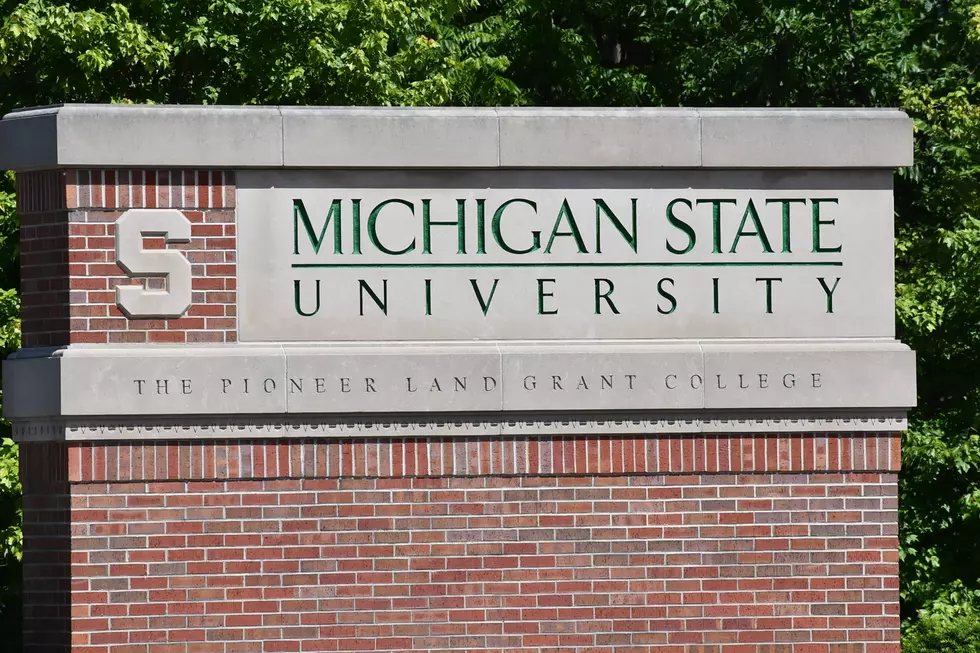
Michigan State Scientists Will Test Sewage For ‘Rona
State health administrators in Lansing think they’ve got quite the idea. They’re willing to put $10 million behind it to do some initial testing. Here’s how it boils down. The state will be taking human waste samples from municipal sewage treatment plants. The samples will be tested for the COVID-19 virus, or the SARS-CoV-2 virus which it develops from. The scientists think they can pinpoint virus outbreaks since the virus is transmitted through human waste. State scientists believe they can get early warning signs of the virus since carriers will shed the virus in waste before they ever become ill. What isn’t clear is how a community would react to the presence of COVID-19 in it’s wastewater system, since we know there are very few communities in the Lower Peninsula at least, that are entirely void of the virus.
Potentially the state would take a positive sewer sample report from a town and issue blanket restrictions on everyone there. The media release announcing the $10 million dollar evaluation of the program reads, “These local efforts have the potential to be an early warning system for the spread of COVID-19 within a specific community or for coronavirus outbreaks on college campuses and at other densely populated facilities.”
State scientists will leverage Michigan’s existing network of laboratories involved in monitoring the state’s beaches for E. coli. They’re are equipped to test for viruses and are capable of supporting local wastewater testing efforts. No need to be concerned about individual address testing. The state doesn’t have that kind of detailed capacity. Yet.

MORE: 5 Things I Never Thought I'd Hear Or Say Before COVID-19
More From WKMI



![Michigan Woman Tests Positive for COVID-19 on Flight to Iceland, Isolates in Bathroom 5 Hours [VIDEO]](http://townsquare.media/site/43/files/2021/12/attachment-Marisa-Fotieo-TikTok-2.jpg?w=980&q=75)





